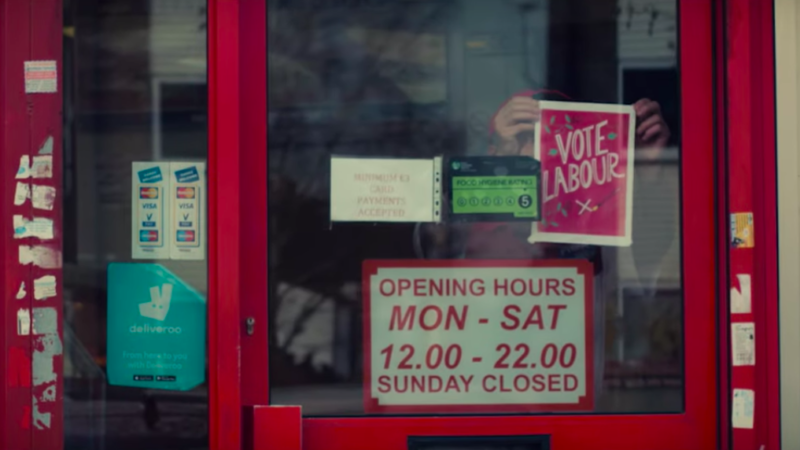
Local elections on Thursday were followed by a bank holiday, which gave us all time to reflect on the results (and recover from an overnight liveblog). As was apparent even on Friday morning, the outcome has only served to embolden each position held by the various Brexit tribes within the party, with most Labour MPs and activists claiming that they have been proven right. Broadly everyone agrees that the results were disappointing overall, but there is no consensus on whether Labour should therefore get on with helping to implement Brexit or get on with working to stop it. If you’re looking for analysis of the gains and losses themselves rather than the conclusions we should take from them, Luke Akehurst’s piece today rightly points out that we lost the expectation management game (again!) and fairly assesses how the party did against the reasonable benchmarks he had set. Luke is secretary of Labour First but this is worth a read whichever faction you’re from.
I think Brexit played a significant role in the local elections but far from explains the whole picture. What is missing from an entirely Brexit-based analysis is the micro and the very macro: it’s important not to discount the importance of local controversies, such as scandals in Sunderland or planning issues in the South that often benefit anti-development Lib Dems/Greens/Independents, nor the wider anti-politics sentiment that contributed to the referendum result back in 2016. That voters wanted to punish whoever was seen as the establishment party (Labour in the North, Tories in the South) offers a good explanation for Labour’s impressive performance in Leave areas such as Gravesham alongside its loss of northern Leave seats such as in Bolsover.
Any Labour leader in Jeremy Corbyn’s position now would have to grapple with the impossible electoral coalition that will require the support of both Kensington, London, and Kensington Liverpool at the next election. Perhaps another leader, judging that ‘constructive ambiguity’ on Brexit has outlived its usefulness, would fully commit to shaping Labour as an anti-Brexit party, but that is a huge risk. It seems fairer to point out that cut through of Labour’s preferred messages – ‘austerity isn’t over’, ‘the real divide is between the many and the few’ – is made unnecessarily difficult by the ongoing antisemitism problems that still have not been dealt with. The other more potent criticism is a response to the ‘but these were local elections’ defence. The Corbyn project was about doing politics differently, being radical wherever Labour has power. Where was the offer a new political settlement for communities? Where was the Preston model? Pumping out national lines isn’t good enough when real grassroots action was promised.
Looking ahead to the European elections, our columnist Sabrina Huck argues that many in Labour are wrong to overlook the possible positive impact of the results. She says the party must engage with European-wide challenges and solutions rather than see the vote later this month “as a dry-run for a general election”. But will these MEPs ever take their places? Cross-party Brexit talks resume today, and the government is keener than ever to reach a deal with Labour. And yet Conservative opponents to that resolution are briefing that 100 Tories wouldn’t vote for a customs union agreement, while campaigners for another public vote say up to 180 Labour MPs would refuse to back a deal without another referendum attached. I’m sceptical of that figure but chief whip Nick Brown is understood to be a strong proponent of a public vote, as well as highly effective at his job, not to mention that this is where the shadow Brexit team is at.
Mary Creagh warned against the “embrace of a drowning woman” this morning and many Labour MPs fear a “Westminster stitch-up”. It’s clear that if the compromise deal were seen in that way by the public, the anti-establishment sentiment on display last week would be further entrenched. But, at the same time, there is too little discussion of the possibility that another referendum would be boycotted by those same voters. Lower-than-2016 turnout would undoubtedly undermine the political validity of any result that another public vote could deliver. With neither side of the Brexit debate listening to the other, the fact that Corbyn and the Prime Minister could agree on something doesn’t mean much. It looks unlikely that their parties will allow a deal to be reached or to pass.
Sign up to LabourList’s morning email for everything Labour, every weekday morning.



More from LabourList
A year in power: The cabinet on their proudest wins and favourite moments
‘One year on, Labour still hasn’t reckoned with collapsing trust in politics’
‘I’m the Labour MP who beat Liz Truss. Here’s how the campaign to unseat her unfolded’